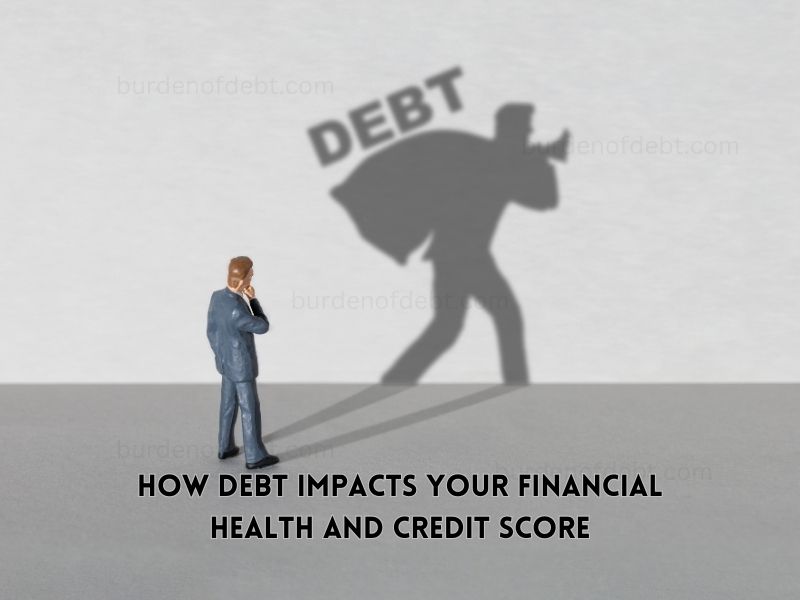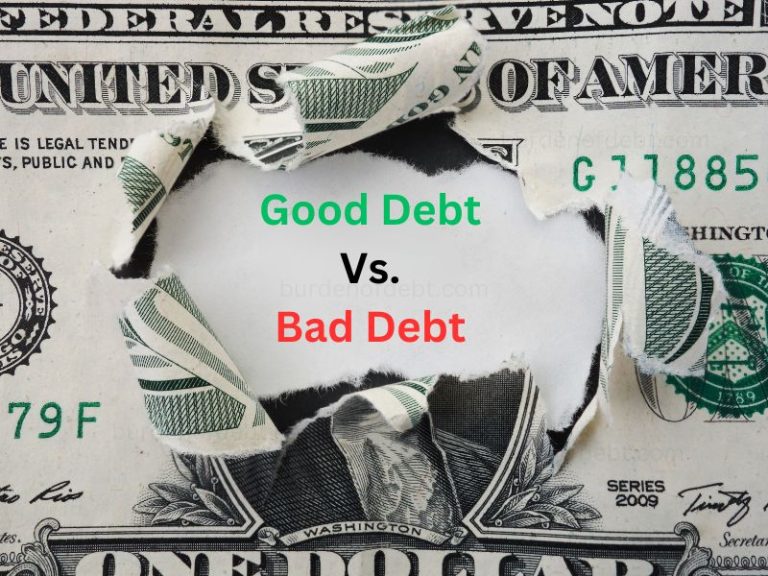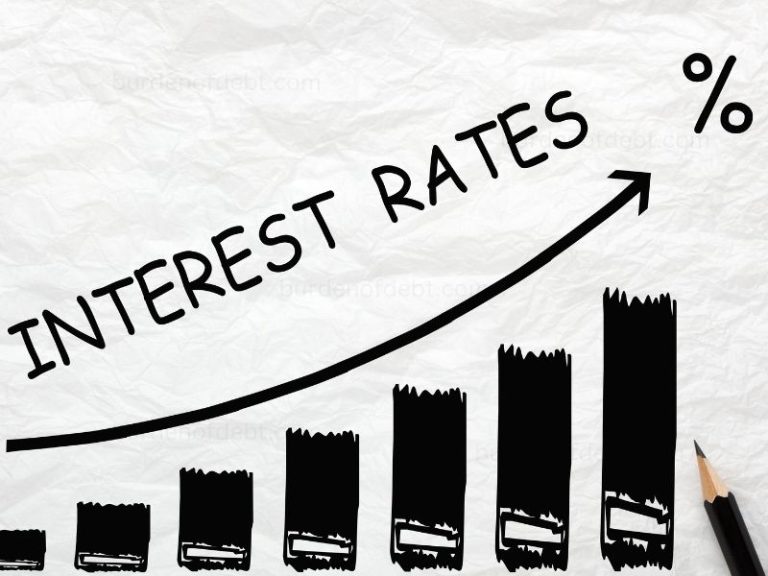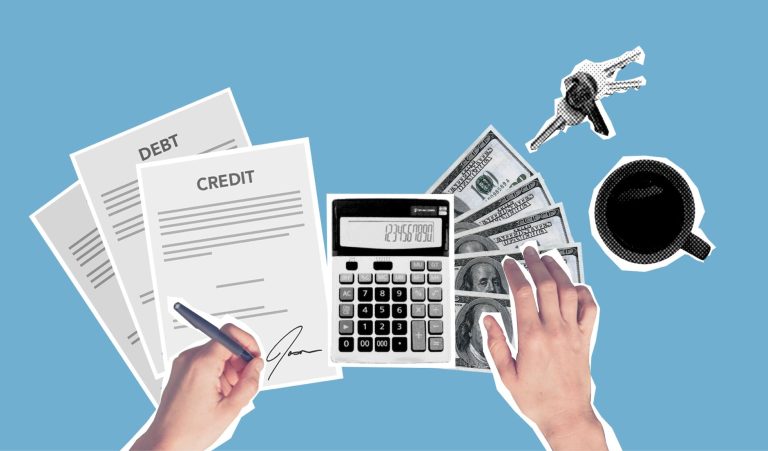How Debt Impacts Your Financial Health and Credit Score
Introduction
Debt can be a good thing: it allows you to buy things that you otherwise wouldn’t be able to afford. However, debt can also have a negative impact on your financial health and credit score if it’s not managed properly. If you’re carrying any type of debt, here are some tips for managing it so that it doesn’t become an unmanageable burden:
Debt can significantly impact your financial health
The most obvious impact of debt is its effect on your credit score. If you carry a balance on multiple credit cards, then the amount of available credit you have will be reduced and so will your score. In addition to impacting your ability to borrow money in the future, having a poor credit score may also prevent you from renting an apartment or getting a job.
Credit card debt can lead to bankruptcy if it gets out of control and becomes unmanageable for you financially. When this happens, all assets are liquidated by court order and then distributed among creditors according to their priority status (e.g., first mortgage holders get paid before other creditors). Student loan default can also result in financial hardship because government agencies hold student loan debt as non-dischargeable in bankruptcy proceedings–meaning it cannot be discharged even though other types of debts might be forgiven under certain circumstances
Credit card debt is one of the biggest threats to financial health
Credit card debt is one of the biggest threats to financial health because it can be very expensive and hard to pay off. If you have credit card debt, you’ll want to work on paying it down as quickly as possible. You should also make sure that your other financial obligations are being met before using your credit cards again. Avoiding getting into credit card debt in the first place is always better than trying to pay them off later!
Student loan debt also poses a threat to your financial health
Student loan debt also poses a threat to your financial health. The average student loan debt in the United States has increased by more than $10,000 since 2004, according to a recent report from LendingTree and Earnest Financial. Student loans can be difficult to pay off, especially if you’re trying to save money for other things or pay down other debts like credit cards or mortgages.
If you’re struggling with student loans yourself, there are ways for you and your family members–or even friends–to get help with them:
Pro tip: If you know someone who’s struggling with student loan debt, consider lending them money. You can always get it back by taking a percentage of their income or as a lump sum once they’ve paid off the loan. However, make sure that you do your homework before lending anyone any money: They’ll need to have good credit and be able to pay you back on time.
Pro tip: If you’re struggling with student loan debt yourself, consider refinancing it to get a lower interest rate or lower monthly payments. You can also look into income-driven repayment plans if you qualify for them.
Paying down debt can improve your financial health and credit score
Paying down debt is a good thing. The sooner you pay off your debts, the better. This will save you money on interest and allow you to focus on other parts of your finances in the future.
The less money that goes toward paying back loans, the more money can be saved or invested elsewhere. This could mean building up an emergency fund or contributing more toward retirement accounts like 401(k)s or IRAs–or even opening up new savings accounts for specific goals (like a vacation).
A higher credit score means greater financial opportunities: You’ll get better rates when refinancing mortgages, securing auto loans and even finding new apartments if necessary!
One of the most important things you can do to improve your credit and score is to manage your accounts responsibly. This means making payments on time every time, keeping balances low and not applying for too many new credit cards or loans at once (which may look like you’re maxing out your available credit).
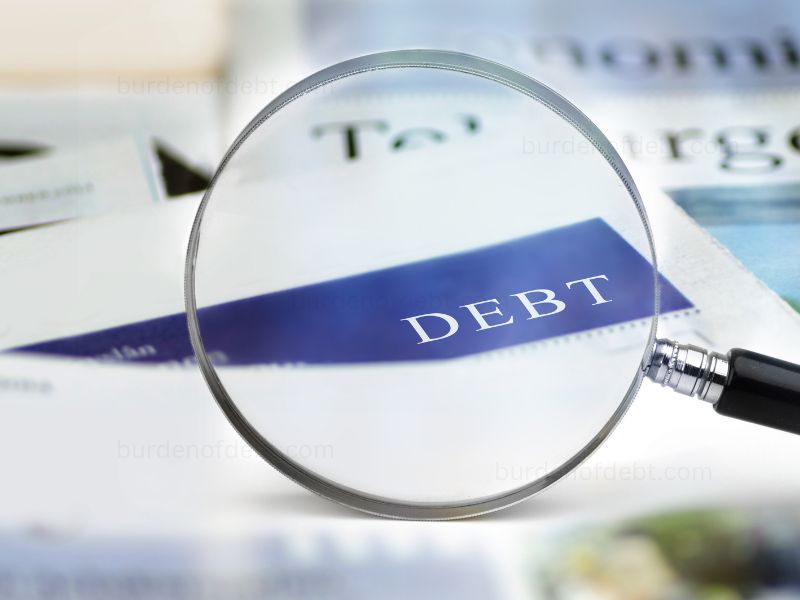
In addition to paying down credit card or student loan debt, you should also review your overall debt situation
It’s not just credit card and student loan debt that can impact your financial health. You should also review your overall debt situation, including:
- Your monthly expenses
- The amount of income you have available to pay down these debts each month
The interest rates you’re paying on your debt The amount of time it would take to pay off the debt if you made no other changes to your budget
The longer it takes to pay off your debt, the more interest you’ll accrue. This means that over time, your balance can grow even though you might be making payments each month.
It’s also important to consider what happens if you don’t pay off your debt. If you can’t afford to make payments, your creditors may report you as delinquent or even send a collections agency after you. This could affect your credit score and make it harder for you to get approved for future loans or credit cards.
Paying off your credit cards, student loans and other debts will have a positive impact on your financial health
Paying off your credit cards, student loans and other debts will have a positive impact on your financial health.
In order to be financially healthy, you need an adequate amount of savings for emergencies and unexpected expenses. You also need to be able to afford basic necessities like food and shelter without overspending. In order to do this successfully, it’s important that you don’t have too much debt weighing down on your finances.
If you’re carrying high-interest rate debt like credit card balances or student loans (or both), paying it off can help improve both aspects of financial health: It will enable more money in the bank while reducing monthly payments related to those debts’ interest rates. How to get out of debt is a question that many people ask themselves, especially when they find themselves buried under piles of bills and student loans. But it’s not impossible to pay off your debts and become debt-free.
Conclusion
It’s important to keep a close eye on your debt and credit card balances. The more you can pay down on your credit cards and student loans, the better off your financial health will be. In addition, reviewing your overall debt situation is also something we recommend doing regularly so that you can avoid falling back into bad habits like spending too much money or taking out loans when they aren’t needed.
© 2015-2023 by burdenofdebt.com, a LIVenture. All rights reserved. No part of this document may be reproduced or transmitted in any form or by any means, electronic, mechanical, photocopying, recording, or otherwise, without prior written permission of LiVentures LLC.

